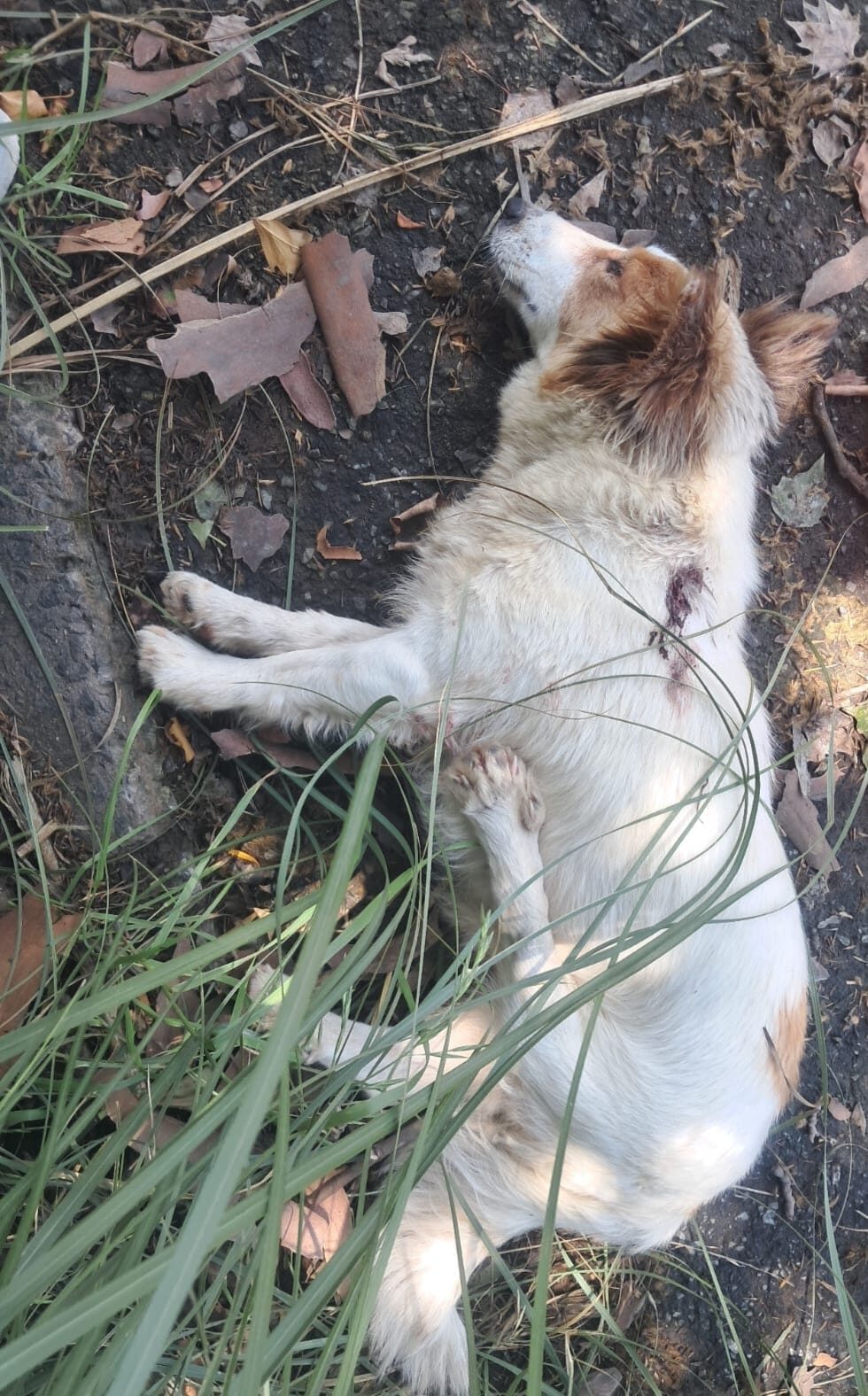By Emily Setona
QWAQWA – A huge chunk of community members gathered at the Phuthaditjaba multipurpose hall supported the Plant Health (Phytosanitary) Bill, notwithstanding concerns about the capacity of the department of agriculture to assist farmers to treat their crops when pests are identified and why exporting is emphasized.
The Portfolio Committee on Agriculture, Rural Economic Development, Small Business, Sports, Arts and Culture in the Free State Provincial Legislature came to Maluti-a-Phofung (MAP) on 16 April, to gather the public’s input on the amendment of the Bill.
According to Linneth Mukansi a representative from the Department of Agriculture, Land Reform and Rural Development (DALRRD), the main objectives of the Bill are to provide for phytosanitary measures to prevent the introduction, establishment and spread of regulated pests to safeguard South African agriculture and plant natural resources.
In turn, this supports, safe and fair international and domestic trade, maintenance of current export markets and establishment of new markets, crop production/food security programmes, economic growth, and development and lastly job creation.
Even though she supported the bill, Puleng Afre from Ficksburg questioned why priority is given to exporting agricultural produce when the number of black farmers is dwindling, and that the country needs to focus on food security as opposed to exporting agricultural goods.
“The bill is fine, but I feel like we need to protect our country’s interests through food security, with the impact of climate change on small scale farmers we are struggling to produce enough for ourselves and to trade. I don’t understand why there is a need to export our produce, the department should focus on food security programmes,” Afre said this during the question-and-answer session.
Others like Thabo Moloi raised the point that the department is often plagued with issues of a tight budget, and will it be a free service for the inspectors to come and assist with the inspection and treatment of crops?
“The departments of agriculture will not charge small scale farmers for the inspection of their crops and will assist them with chemicals to treat their produce. The department hopes to assist more black farmers with export opportunities, that is why it makes provision for this matter in its amended sections. The bill is like a hospital, farmers must come and report any changes that they notice in their crops so that inspectors can come to assist. The department tries by all means to prevent the movement of pests that have been identified in a certain area when the pest is not a huge threat to national economic activities,” Mukansi said.

Thabo Mofutsanyana district municipality residents at the Free State Legislature hearings on public bills amendment.
For his part Charles Nengovhela from DALRRD said the following, “The Agricultural Pest Act is outdated and is no longer in line with international standards. The old act had 21 sections, and this one has 38 sections it means that we are adding new sections, important changes.
This bill is strengthening the legislation to prevent the introduction of the pests and diseases. If we leave the old legislation and don’t amend it, this will affect our food security because the way the export and import legislation works has changed. We are part of the international community and if we leave this law unchanged it is going to affect our trade and job creation in this sector,” Nengovhela said.



















